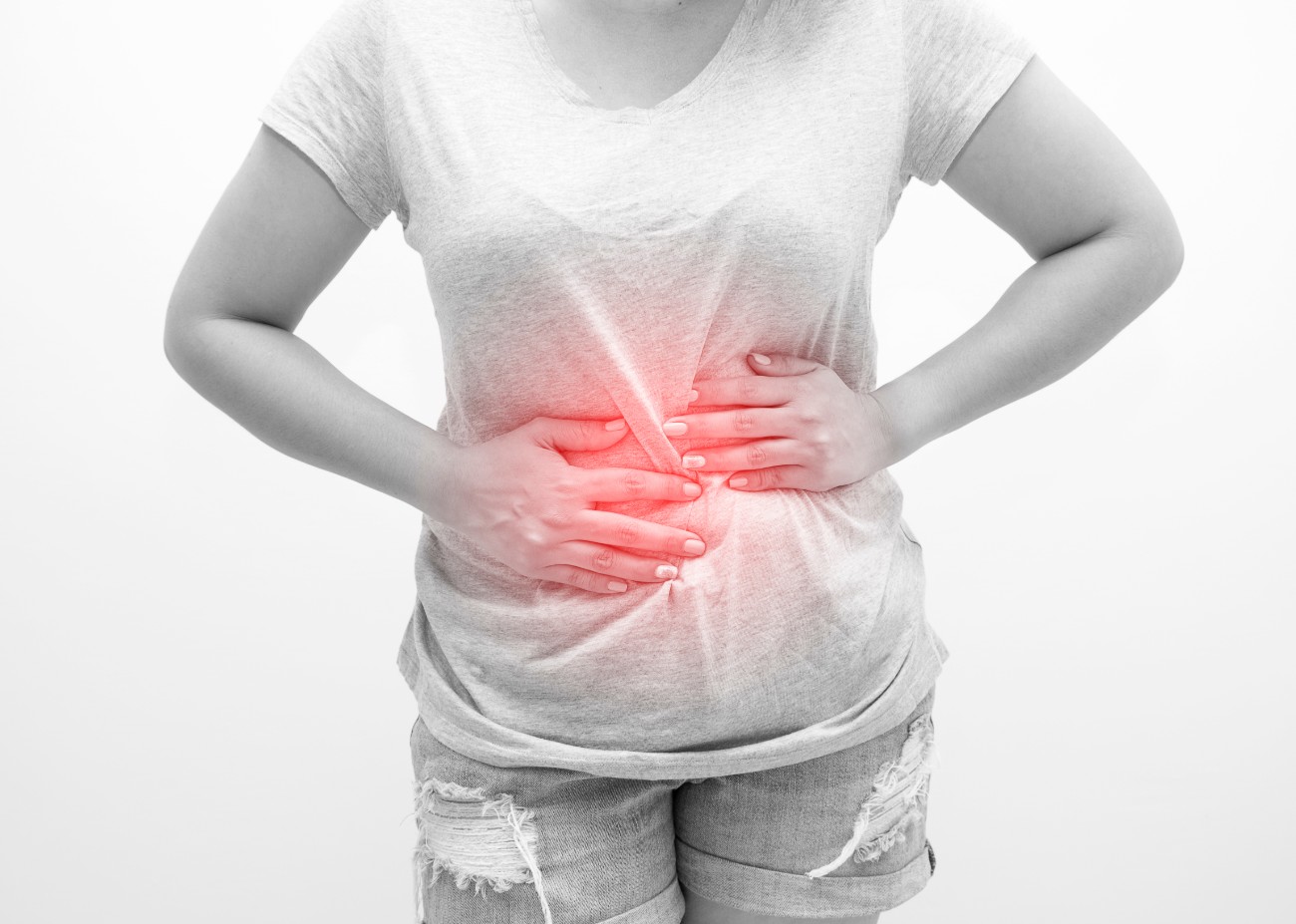Ulcerative colitis is a chronic inflammatory condition that causes sores, or ulcers, to form in the lining of the digestive tract, primarily the colon and rectum. These sores can result in a range of uncomfortable and sometimes debilitating symptoms, including persistent diarrhea, abdominal pain, cramping, urgency to defecate, and rectal bleeding. Left unmanaged, the condition may significantly impact daily life, making early diagnosis and proper treatment crucial for improving comfort and quality of life.
Avoid Trigger Foods
Not only is your diet the most important part of living a healthy lifestyle, but it can also be a big contributor to ulcerative colitis symptoms. Connections have been found between certain diets and UC flare ups.
Patients consuming high fat diets are more likely to experience UC symptoms than those who don’t. Since everyone with UC is different, so are the foods that may trigger symptoms. Here are some foods and beverages that may worsen your condition:
- Alcohol
- Dairy products
- Meat
- Processed and greasy food
- Raw fruits and vegetables
This list covers a wide range of foods, so it’s important for ulcerative colitis patients to learn about their bodies and the foods that are triggering for them. You can do this by starting a food journal to track your meals and ingredients. This will help you to remember which foods are fine for you to eat and which ones are not.
Look for ingredients rich in vitamin C, which might increase your chances of a longer remission phase. Foods with Omega-3 might also help to reduce inflammation along the intestinal tract.
Regular Exercise
The health benefits to regular exercise are endless. For patients with ulcerative colitis, it could strengthen your body to better handle your symptoms.
According to Everyday Health, complications with UC can include decreased bone density and a weakened immune system. Doing moderate-intensity exercise at least three to four days per week can promote healing and helps with irritable bowel syndrome inflammation.
Exercise can be enjoyable, so try to find something you look forward to. This can be anything from swimming, biking or a team sport. Yoga is a zen form of exercise that is not only relaxing, but can promote relaxation and target the digestive system.
Make sure to find a balance when it comes to exercise. Too little of physical activity means you won’t gain many UC health benefits, but too much can lead to mild systemic inflammation. Along with your food diary, keep track of your exercises and progress.
Cognitive Behavioral Therapy (CBT)
Medicine and a healthy lifestyle can help reduce ulcerative colitis symptoms, but so can your mind. CBT is a technique that teaches patients how to control muscle tension and rapid heartbeat. This skillset can come in handy when you’re dealing with chronic pain or stress related to UC.
You start learning this technique with the help of a machine that works to identify what your body is doing. Eventually, you will recognize your symptoms of stress and no longer need the machine’s help. Being more in touch with your body and its technicalities can give you some control and teach you how to live better with the condition.
Mind and body exercises are powerful methods you can try, and there are other things you can do besides CBT. Here are some other ways you can relax your body and cope with ongoing stress and anxieties that might trigger your UC symptoms:
- Deep breathing
- Progressive muscle relaxation
- Meditation
- Acupuncture
Herbal Remedies
Another natural way of treating UC is with herbs. There are many different types of herbs that can have positive effects on the body. Using herbs that can reduce inflammation and stress could be helpful for ulcerative colitis. You can consume herbs through teas or use them to make scrubs, oils or butters to apply directly on the body.
However you prefer to use herbs, here are the types to consider using to manage UC:
- Ginseng
- Psyllium seed/husk
- Boswellia
- Bromelain
- Turmeric
- Ginkgo biloba
- Probiotics
Look For More Natural Remedies Online
Since ulcerative colitis is a chronic illness, there is no cure. Learning about your condition and your body might help you manage your symptoms naturally without needing surgery or medication. Monitor your food intake and learning which ingredients can trigger symptoms. By implementing some simple lifestyle changes into your routine, you can take back some control over your condition.
